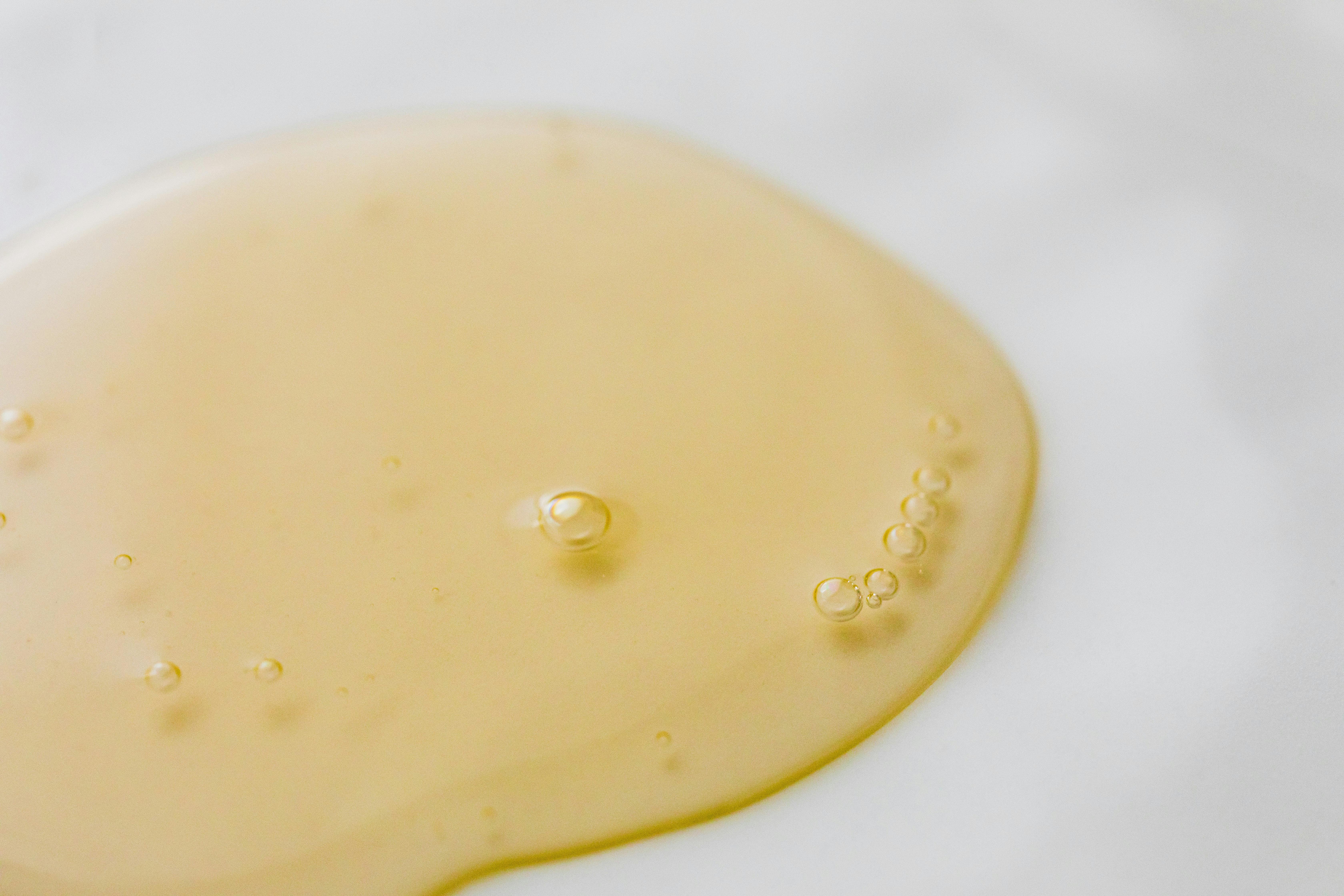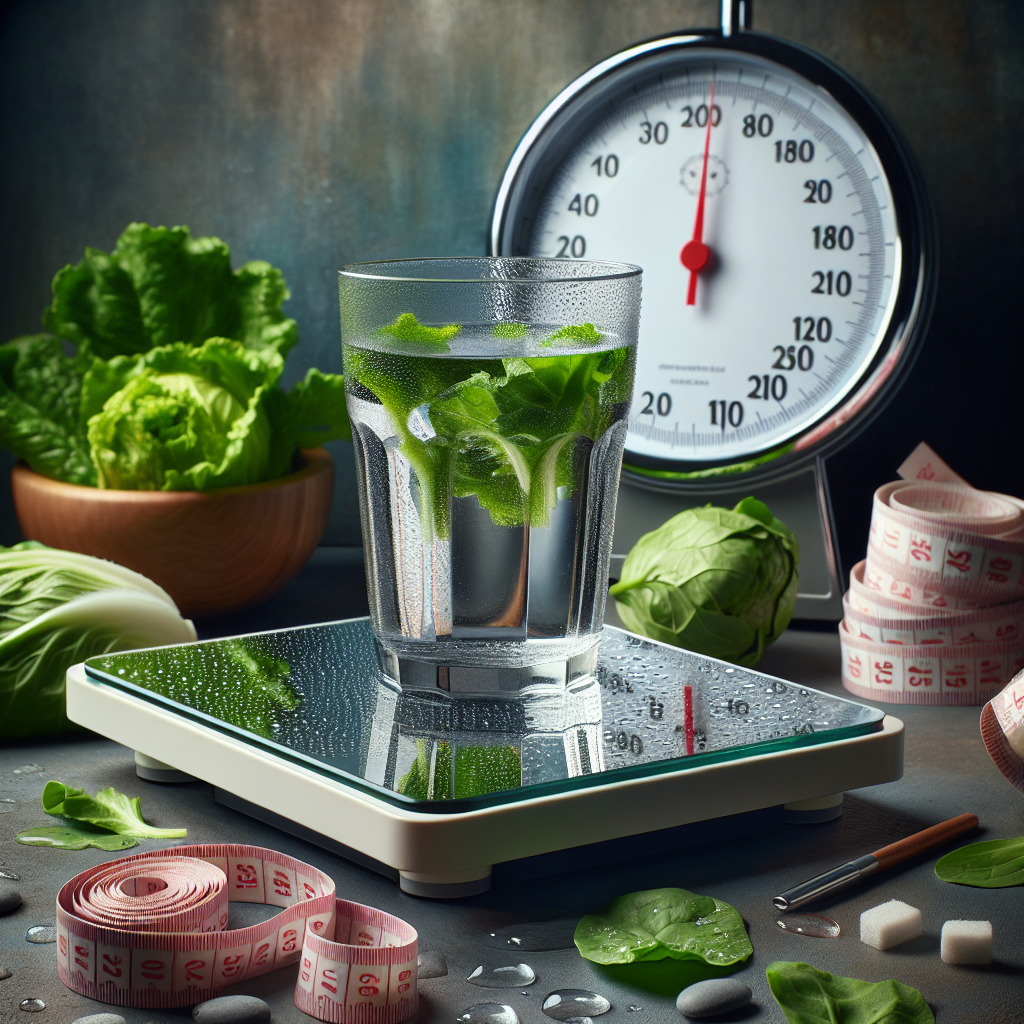Determining How Much Water to Drink in a Day for Effective Weight Loss
You have decided to lose weight, a commendable step towards a healthier lifestyle. But as you ponder over diet plans and fitness routines, have you ever stopped to consider the role of water intake in your weight loss regime? This article, “Determining How Much Water to Drink in a Day for Effective Weight Loss,” will provide comprehensive insights on how to optimize your hydration levels for rapid and sustainable weight loss. You might be surprised to learn that the answer isn’t as simple as “eight glasses a day.” So buckle up and prepare to refresh your knowledge about the vital relationship between water consumption and losing those stubborn pounds.

Importance of Hydration for Weight Loss
Our bodies are made up of about 70% water. Water plays a critical role in nearly every aspect of our bodily functions, including metabolism. Therefore, proper hydration is one of the most straightforward steps you could take on your weight loss journey.
Understanding the role of water in metabolism
Metabolism refers to the biological processes that your body carries out to convert food into energy. Simply put, any disturbance in the process could limit your body’s ability to burn off calories. Water acts as a medium for metabolic reactions, helping your body efficiently convert food into energy.
Connection between hydration and appetite regulation
Sometimes our brain confuses thirst for hunger and this can lead to increased calorie consumption when all your body needed was a glass of water. Staying properly hydrated also means you’re less likely to confuse dehydration for hunger.
Impact on digestion and nutrient absorption
Water is essential in breaking down food in your stomach, and transporting nutrients to the cells. Without adequate hydration, digestion and nutrient absorption can be less efficient. This could result in feelings of bloating, constipation and overall discomfort, all of which are counterproductive to the weight loss process.
Quantifying Optimal Daily Water Intake
There is much context and debate around this subject, varying from the 8×8 rule to adjusting your water intake according to your weight.
Understanding the 8×8 rule
The 8×8 rule simply means drinking eight 8-ounce glasses of water every day, which equates to about 2 liters. While this is quite easy to remember, it’s important to note that the need for water intake varies from person to person.
Calculating water intake based on weight
One commonly suggested method is to drink half your body weight (in pounds) in ounces of water. For example, if you weigh 160 pounds, you should drink 80 ounces of water. However, this still doesn’t take into account physical activity which can significantly increase your hydration needs.
Considerations for various lifestyles and physical activity levels
Physical activity, temperature, and even pregnancy can drastically increase your hydration needs. Always ensure to increase your water intake during exercise, especially when it’s hot.

Benefits of Increased Water Consumption for Weight Loss
Apart from keeping you hydrated, increasing your water intake has various benefits when it comes to weight loss.
Effect on body fat reduction
Studies have shown that drinking water can temporarily boost your metabolism. Drinking about 0.5 liters of water can increase your metabolism by 10-30% for nearly an hour. This could lead to increased calorie burn and contribute to body fat reduction.
Supported metabolism boosting
As mentioned earlier, water plays a significant role in metabolism. By drinking more water, you’re helping your body perform at its full metabolic potential, aiding your weight loss efforts.
Influence on workout performance and recovery
When you’re adequately hydrated, you perform better during your workouts. Not to mention, water aids in muscle recovery post-workout by flushing out lactic acid which can accumulate during exercise and cause muscle soreness.
Patterns of Drinking Water for Weight Loss
Establishing a routine for your water intake can make it easier to stay hydrated.
Importance of sipping throughout the day
Regularly sipping on water throughout the day not only keeps you hydrated, but it also assists in maintaining a healthy metabolism, aids digestion, and helps control appetite.
Timing water intake with meals
Drinking water before meals can help you feel more satisfied, potentially decreasing your meal’s calorie intake. Research shows that participants who did this lost more weight than those who didn’t hydrate before meals.
Increasing water intake during exercise
The body loses more water during exercise through sweat. To avoid dehydration, it’s important to increase your water intake before, during, and after your workout.

Importance of Quality of Water
The quality of the water you consume also matters, ensuring it’s free from harmful substances.
Benefits of drinking filtered water
Filtered water removes potentially harmful substances that could be present in unfiltered water. Many of these substances aren’t just harmful to your overall health, but also interfere with your body’s natural weight management processes.
Potential harm of contaminated water
Chemicals and toxins contain endocrine disruptors that could affect your hormonal balance. Hormonal imbalances are closely linked with weight gain, which is counterproductive to your weight loss efforts.
Considering the source of your water
Pay attention to the source of your water. Bottled water isn’t always the safest option, as it can contain harmful plastic compounds. Tap water, while convenient, can sometimes be contaminated. Always ensure that you’re drinking clean and safe water.
Role of Water in Detoxification for Weight Loss
Water also plays a significant role in detoxifying your body.
Understanding the detoxification process
Detoxification is a natural process where your body gets rid of waste products. The kidneys, a vital organ in this process, require plenty of water to function efficiently.
Benefits of water in flushing out toxins
Water assists the kidneys by flushing out the waste products. Staying adequately hydrated ensures that your body effectively eliminates any waste that could otherwise interfere with weight loss.
Connection between detoxification and weight loss
When your body’s detoxification process operates at its full potential, there are likely fewer obstacles in the way of weight loss. For instance, efficiently working kidneys might aid in the reduction of bloating and water retention.

Water vs. Other Beverages
When it comes to hydration and weight loss, not all fluids hold the same standing as water.
Comparing caloric content
Drinks like juice, soda, and even specialty coffee beverages can contain a large amount of sugar and calories. Therefore, substituting these drinks with water can help significantly reduce your daily caloric intake.
Understanding hydrating abilities
Alcoholic and caffeinated beverages can have a diuretic effect, leading to increased urine output and potential dehydration. On the other hand, water keeps you hydrated with zero side effects.
Looking at potential weight gain from other beverages
As mentioned, calorie-laden drinks can contribute significantly to weight gain if consumed regularly. Opting for water most of the time is a simple way to help maintain a calorie deficit, which is essential for weight loss.
Impact of Overhydration
While drinking plenty of water has several benefits, too much of it can lead to water toxicity or hyponatremia, which can be dangerous.
Recognizing signs of water toxicity
Symptoms of water toxicity include nausea, headache, confusion, seizures, and in severe cases, coma and even death. It’s important to strike a balance in terms of your water intake.
Understanding the dangers of consuming too much water
Overhydration can disrupt your electrolyte balance, leading to low sodium levels in your blood, causing the cells in your body, including brain cells, to swell.
How to avoid overhydration
Drinking when you’re thirsty and stopping when your thirst is quenched can be a good practice. Also, those who sweat a lot due to high levels of physical activity may require more water than those who lead sedentary lifestyles.

Strategies to Increase Daily Water Intake
If you struggle with drinking enough water, here are a few strategies to help you increase your daily water intake.
Infusing water with fresh fruits and herbs
Adding a twist of lemon, some fresh berries, cucumbers, or herbs can add flavor to your water, making it much more enjoyable to drink.
Setting reminders for regular water intake
Use your smartphone or smartwatch to set reminders to drink water throughout the day.
Carrying a reusable water bottle at all times
Carrying a water bottle with you at all times can serve as a visual reminder to drink more water and make it easy for you to hydrate wherever you are.
Experts’ Opinions on Water Intake and Weight Loss
Insights from nutritionists
Nutritionists recommend water as a fundamental part of any weight management plan due to its many benefits, including assisting in digestion, supporting metabolism, and aiding in appetite regulation.
Views from fitness coaches
Fitness coaches advocate for staying hydrated, not just for weight loss, but also for optimal muscle function, joint health, and athletic performance.
Studies supporting water for weight loss
Numerous scientific studies affirm the efficacy of water in supporting weight loss, including those demonstrating increased metabolic rate and calorie burning after water ingestion. It’s also proven that drinking water before meals can reduce appetite and food intake.
In conclusion, water plays a vital role in achieving and maintaining a healthy weight. Well beyond weight loss, staying hydrated is essential for overall health and well-being.

